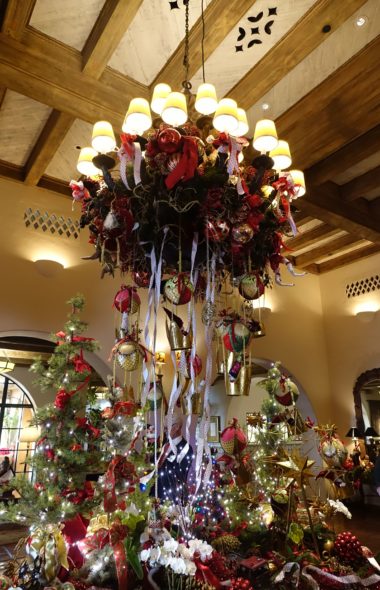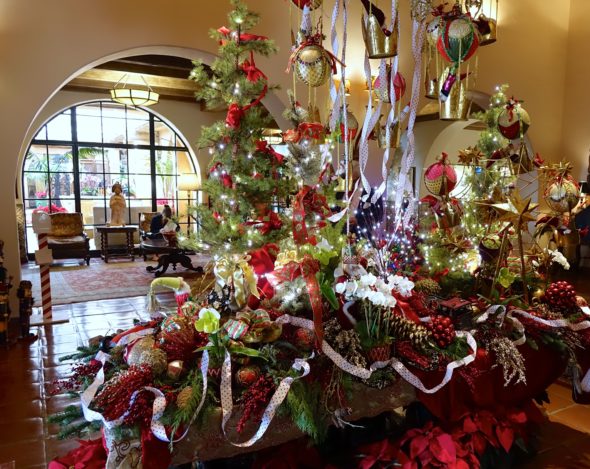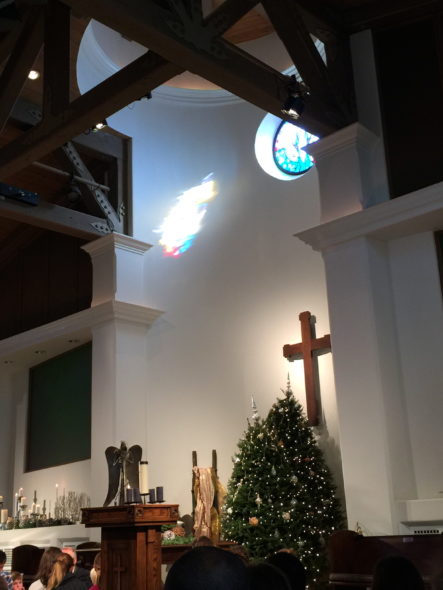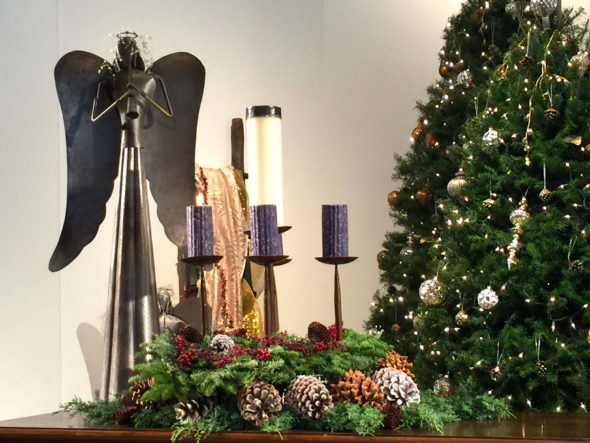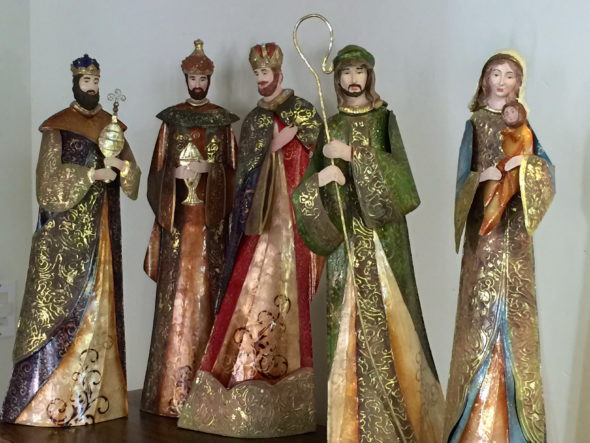1 Samuel 2:2-10
Genesis 37:2-11
Matthew 1:1-17
Matthew 1:1-17
The Genealogy of Jesus the Messiah
An account of the genealogy of Jesus the Messiah, the son of David, the son of Abraham.
Abraham was the father of Isaac, and Isaac the father of Jacob, and Jacob the father of Judah and his brothers, and Judah the father of Perez and Zerah by Tamar, and Perez the father of Hezron, and Hezron the father of Aram, and Aram the father of Aminadab, and Aminadab the father of Nahshon, and Nahshon the father of Salmon, and Salmon the father of Boaz by Rahab, and Boaz the father of Obed by Ruth, and Obed the father of Jesse, and Jesse the father of King David.
And David was the father of Solomon by the wife of Uriah, and Solomon the father of Rehoboam, and Rehoboam the father of Abijah, and Abijah the father of Asaph, and Asaphthe father of Jehoshaphat, and Jehoshaphat the father of Joram, and Joram the father of Uzziah, and Uzziah the father of Jotham, and Jotham the father of Ahaz, and Ahaz the father of Hezekiah, and Hezekiah the father of Manasseh, and Manasseh the father of Amos, and Amos the father of Josiah, and Josiah the father of Jechoniah and his brothers, at the time of the deportation to Babylon.
And after the deportation to Babylon: Jechoniah was the father of Salathiel, and Salathiel the father of Zerubbabel, and Zerubbabel the father of Abiud, and Abiud the father of Eliakim, and Eliakim the father of Azor, and Azor the father of Zadok, and Zadok the father of Achim, and Achim the father of Eliud, and Eliud the father of Eleazar, and Eleazar the father of Matthan, and Matthan the father of Jacob, and Jacob the father of Joseph the husband of Mary, of whom Jesus was born, who is called the Messiah.
So all the generations from Abraham to David are fourteen generations; and from David to the deportation to Babylon, fourteen generations; and from the deportation to Babylon to the Messiah, fourteen generations.
Yes, I have put them in bold print. The five ‘questionable’ women who appear, very intentionally, in Matthew’s lineage of Jesus. Foreigners, at the center of scandal of one kind or another, women who did questionable things — or had questionable things done to them. An interesting set of grandparents for this humbly born shepherd-king!
Tamar, whom Jacob treated badly and who dressed up as a prostitute to get him to do the right thing. Rahab, the lady of the evening or the local innkeeper (or both – who knows?) in the town of Jericho, a Canaanite (!!) — yet she helped the spies and saved her own skin and that of her entire family. Ruth, another non-Israelite, one we’ve talked about before in this series. And the unnamed, but clearly identifiable Bathsheba, the bathing lady King David took for himself, killing her husband to make it legal.
And, of course, Mary herself. The chosen mama, the clear-headed youngster who took upon herself burdens and blessings she could not begin to comprehend. I love that each one of these women is listed here! I love their mixed-bag stories, their strong personalities, their willingness to play a part, even when they didn’t fully understand or even know it, in the story that God has been telling over the ages.
We all have a part in that story, you know. Yes, even you. Even me.


